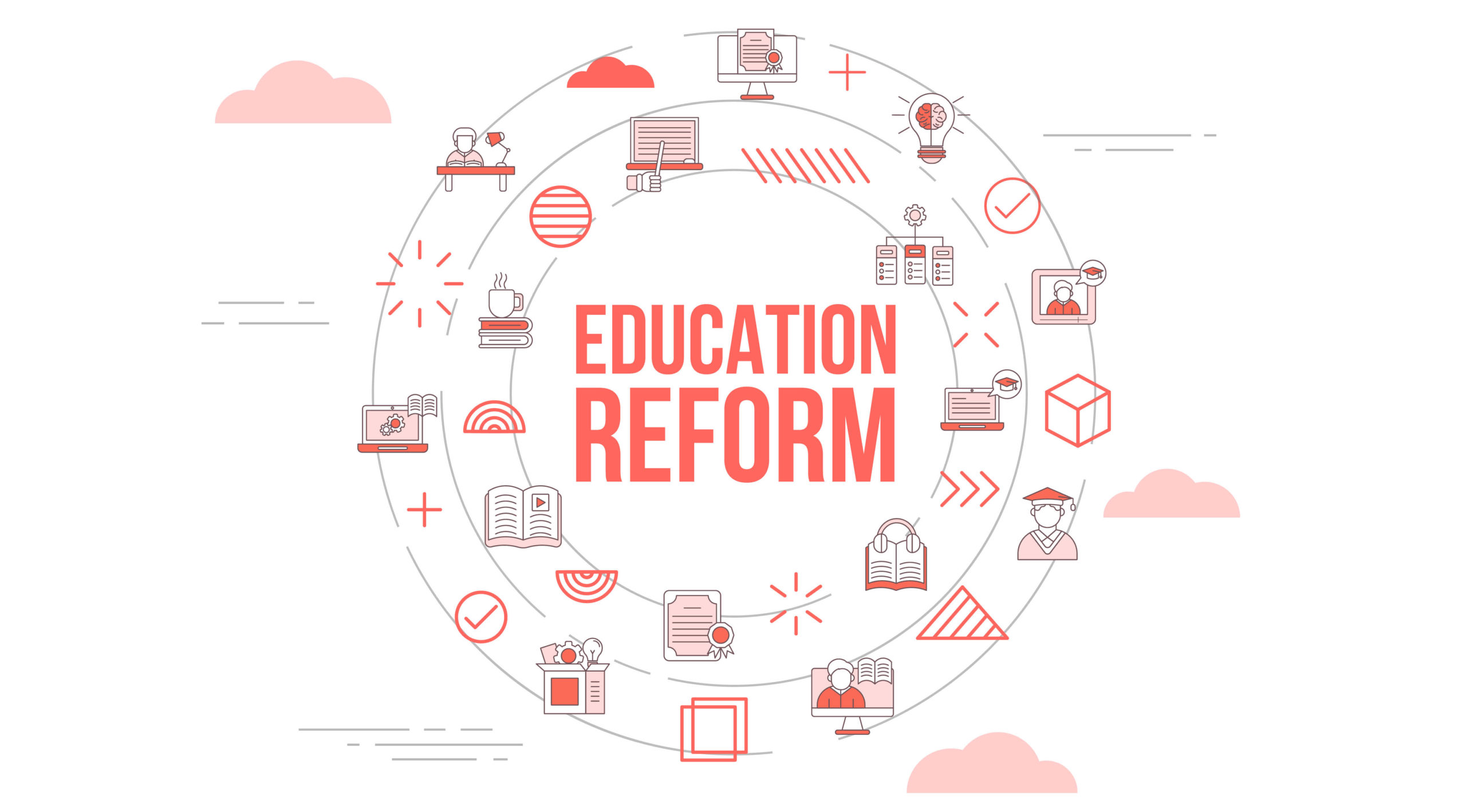Event Highlights: Hybrid Symposium: Exploring the global reform scripts of development partners
On Thursday, 9 May 2024, Kobe University’s Graduate School of International Cooperation Studies (GSICS), hosted a hybrid symposium on the topic “Exploring the global scripts of development partners.” The symposium was jointly organised by Kobe University and the KIX EMAP Hub, with support from Teachers College, Columbia University and the UNESCO Chair at the Geneva Graduate Institute and in collaboration with numerous universities, ministries of education, think tanks, and development partners. The hybrid event included over 400 participants from 50 countries, with approximately 80 of those participants in-person at Kobe University. Simultaneous translation into Arabic, English, and Khmer was provided.
The symposium provided a forum for retrospective reflection and discussion on education reforms in countries of the Global South implemented with external funding from development partners over the past forty years. The event opened with an introduction and welcoming remarks in-person from Dr. Keiichi Ogawa, Kobe University, and online from Dr. Arushi Terway, NORRAG and KIX EMAP. (Read complete speaker biographies here.)
Dr. Rie Kijima, University of Toronto, then gave her keynote presentation “The World Education Reform Database: Overview and first findings”, reflecting on her experience in collecting data on education reforms and establishing the World Education Reform Database (WERD) to advance education policy work. Dr. Gita Steiner-Khamsi, Columbia University, UNESCO Chair, Geneva Graduate Institute and KIX EMAP Lead Researcher then followed with her keynote “The global reform packages in education: Variations and changes over time”, in which she explored global trends in both WERD and academic literature relating to global scripts, such as “School-Autonomy-with-Accountability” (SAWA), and how this interplays with global reform.
A comprehensive panel discussion then followed, with discussants Dr. Yume Yamaguchi, United Nations University, Dr. Kazuo Kuroda, Waseda University and Vice-President CIES, Dr. Sam Sideth, Cambodia Ministry of Education, Youth and Sports, and Dr. Harry Patrinos, World Bank addressing three questions:
- Which features of School-Autonomy-with-Accountability were actively promoted and funded by development partners?
- Did the development partners’ reform priorities change over time?
- Comparing reform priorities of development partners, are there similarities and differences?
Participants actively engaged in question and answer sessions following the keynotes and the panel discussion.
Resources:
- Keynote presentation slides: “The World Education Reform Database: Overview and first findings”
- Keynote presentation slides: “The global reform packages in education: Variations and changes over time”

